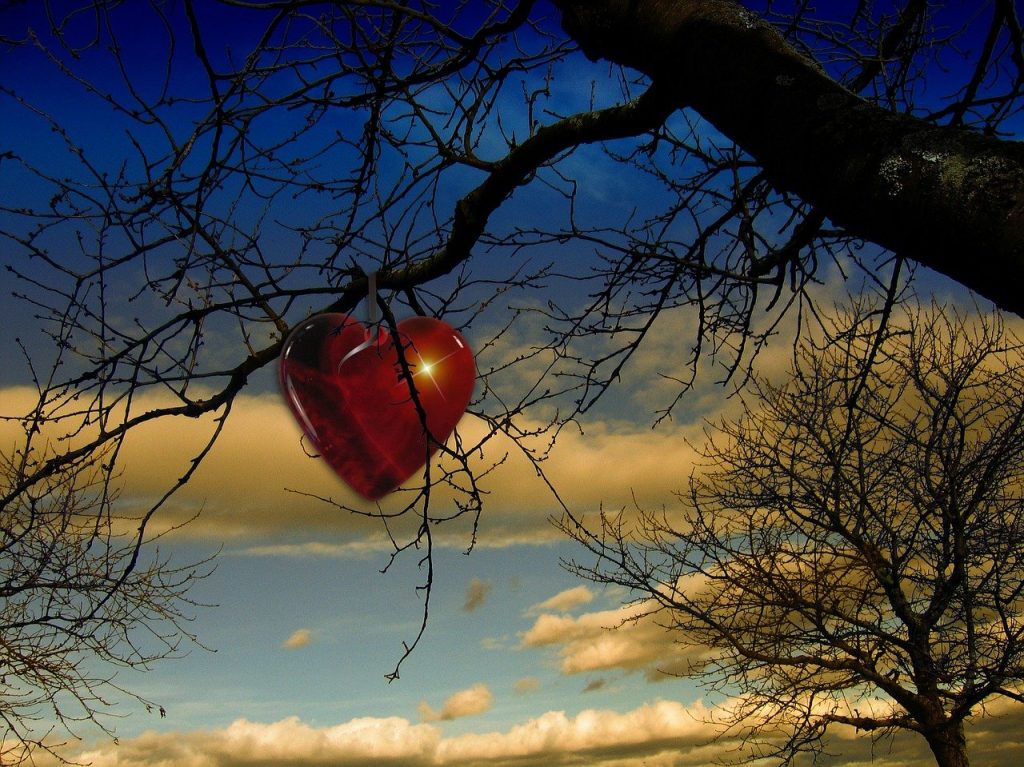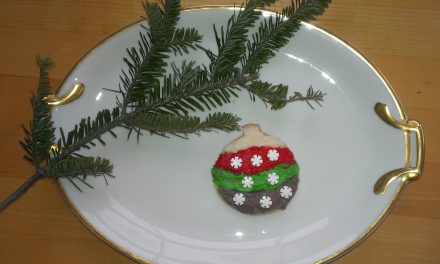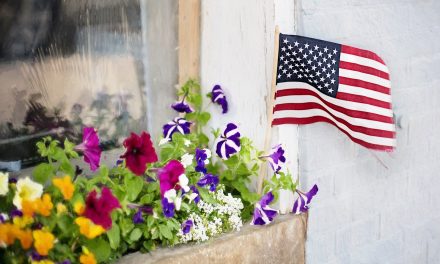A world traveler says that no matter what culture you find yourself in, there are three things you need to know how to say: “Hello,” “Please,” and “Thank you.” Sounds simple, and should come natural, but it doesn’t.

Giving thanks is not an innate ability in humans. We have to learn it, like walking or calculating complicated math equations. We have to be taught and reminded.
As a mother and grandmother, I have spent hours instructing young ones that using “Please” and “Thank you” is not just nice manners. It is a frame of mind. It is always surprising to me how children resist using these simple, polite, and important words. Children can be quite stubborn in their silence. And it makes me wonder: Can a three-year-old feel gratitude? Or if they do feel it, do they know what it means and how it makes them a better person?
Eventually, we all grow up and learn the “magic words,” as I call them. But then we take on: jobs to pay the rent, a house to clean and maintain, the care of children or elderly parents, the chores of delivering family members to soccer practice or choir, the responsibility of feeding everyone (yes, even with the pizza parlor on speed dial, it is not easy). In short, we become busy with life. That is not a bad thing, but it is hell on manners.
As we grow older, we may have more time to give thanks, but we still may need to be reminded. After all, life is still butting in. It is making our bodies cranky and our minds foggy. It is throwing obstacles in our path, and our legs may be too weary to leap over them.
I like to give unexpected thanks to people I don’t know. On my walk passing a woman nurturing a garden of milkweed, I shout, “Thanks for helping the Monarch butterflies.” To the child who helps another on the playground even though they don’t know each other, I’ll stop and say, “Thanks for being a friend.”
Sometimes thanks is all we have to give, and it is not a small gift. When my mother was in the hospital in terrible pain and only days away from dying of cancer, she thanked every doctor and nurse who entered her room. She wasn’t grouchy or sad or angry. When you have a heart full of gratitude, it is difficult to act in any other way but with love.
As writer Anne Lamott says, “Gratitude begins in our hearts and then dovetails into behavior. It almost always makes you willing to be of service, which is where the joy resides. It means that you are willing to stop being such a jerk.”
Think what a difference it would make: if all the jerks in the world began acting with gratitude instead of entitlement or stupidity. Hearts could change. We could change.
___________________________________
I am grateful to all of you who have read, purchased, lent, and given away my books. If you are not interested in my cozy mysteries or my new contemporary novel, Up There, that’s okay. I am grateful for you anyway.





